Record Number Of New Virus Cases As Public Loses Faith In Govts
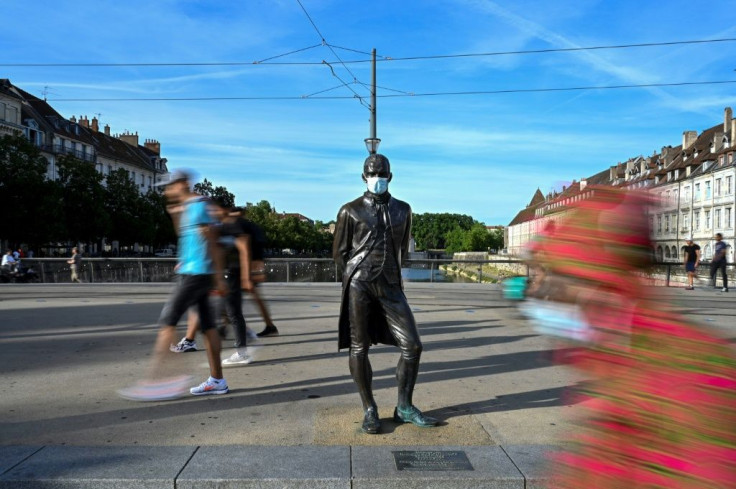
The world has set a new record for the highest daily increase in coronavirus infections, as a survey released Saturday showed governments are fast losing support for their handling of the pandemic.
There were more than 280,000 new cases recorded globally on both Thursday and Friday, the highest daily rises since the virus emerged in China late last year.
Friday's tally of 282,042 was marginally down on Thursday's single-day record 284,661, according to an AFP count based on official sources, but still marks an alarming uptick in the spread of the virus.
Nearly a third of the world's 15.8 million infections have been registered since July 1, while the total death toll nears 640,000.
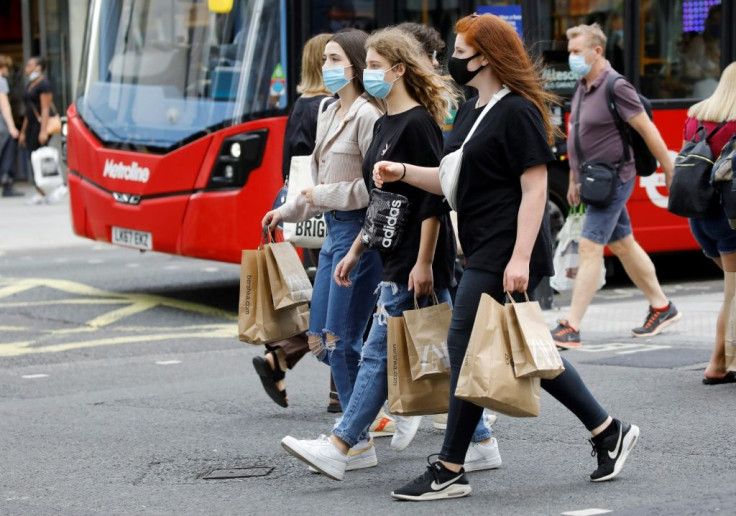
The World Health Organization said that more than a million cases had been recorded in each of the last five weeks, "with over 280,000 being reported on July 24 alone".
"While no country is unaffected, this rise is driven by high transmission in large and populous countries in the Americas and South Asia," it said in a statement on Saturday.
It added that Brazil and India had recently reported their highest daily increases, while the figures remained worryingly high in the United States and South Africa.
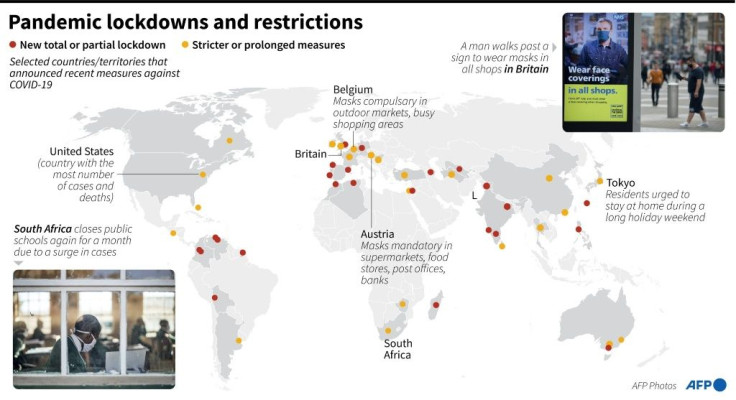
The US, still the hardest-hit nation, on Friday reported its second straight day of more than 70,000 new cases and over 1,000 deaths as the virus takes hold in the south and west.
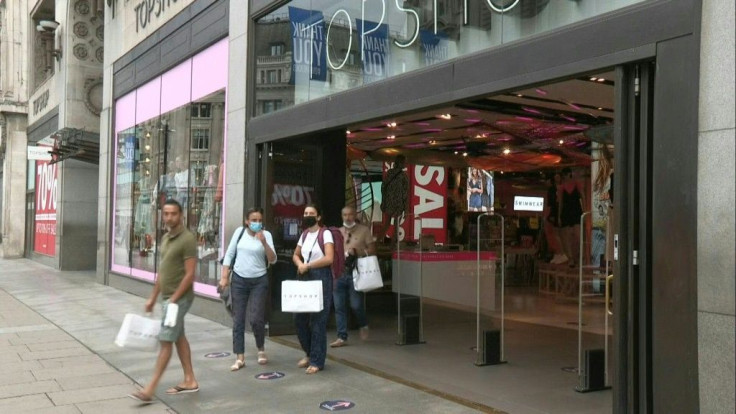
Governments worldwide have struggled to contain the virus despite long and economically-crippling lockdowns imposed on millions of people, and a new survey showed that faith in authorities is dwindling in six rich nations.
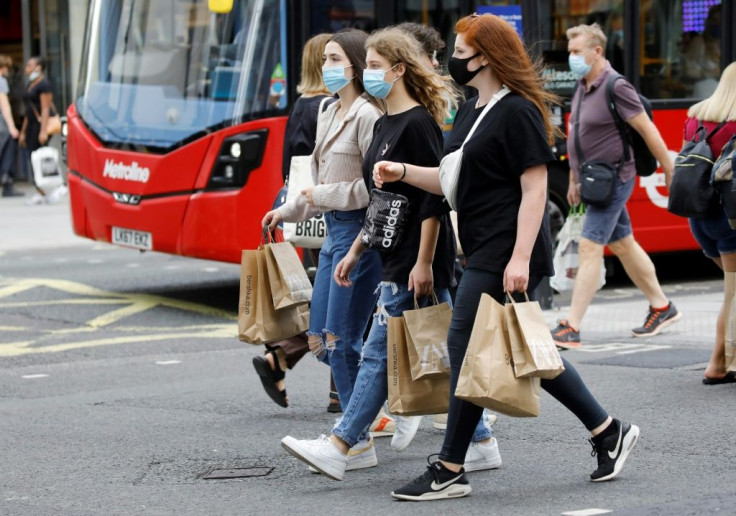
Populations in France, Germany, Britain, Japan, Sweden and the US widely believed death and infection figures to be higher than recorded, according to the study, which polled 1,000 people in each nation.
"In most countries this month, support for national governments is falling," the report by the Kekst CNC communications consulting group said.
One world leader widely criticised over his handling of the pandemic is Brazilian President Jair Bolsonaro, who was diagnosed with coronavirus on July 7.
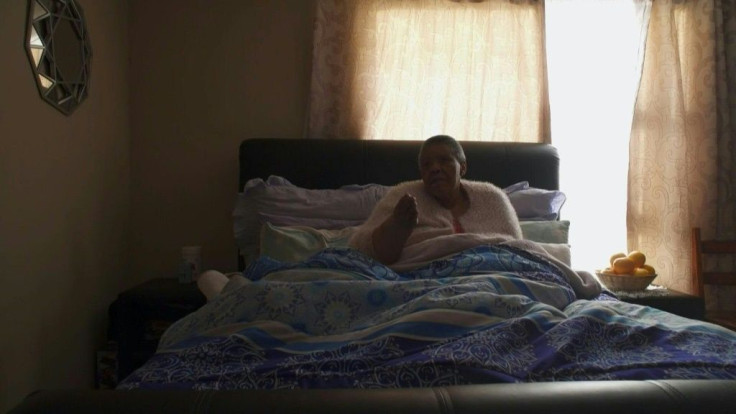
Bolsonaro, who has downplayed what he calls "a little flu", announced on Saturday that he had finally tested negative.
Despite his diagnosis, Bolsonaro has appeared to continue flouting virus precautions, being spotted riding his motorcycle and chatting maskless with presidential palace groundskeepers on Thursday.
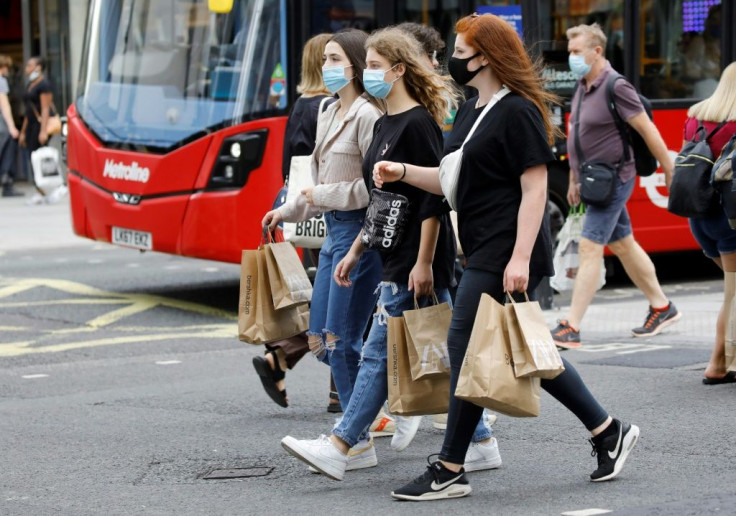
Brazil's biggest city Sao Paulo on Saturday said it was indefinitely postponing its 2021 carnival, while Rio de Janeiro was considering a similar move.
New outbreaks continue to wreak havoc elsewhere around the world, with fresh clusters emerging across Asia.
South Korea on Saturday reported its highest infections figure in nearly four months, and in Vietnam the first locally-transmitted case in nearly 100 days was detected.
Authorities in China said they would introduce a new wave of measures and testing in the port city of Dalian, home to about six million people, after fresh infections were detected there.
That did not prevent the Chinese Super League kicking off behind closed doors on Saturday with the players of Guangzhou Evergrande and Shanghai Shenhua holding a minute's silence for the victims of the pandemic.
Europe remains the hardest-hit continent, accounting for a fifth of the world's case count.
Belgium said Saturday it could further tighten its restrictions following the death of a three-year-old girl, the country's youngest victim of the virus.
There have been recent outbreaks in the Spanish regions of Aragon and Catalonia where officials have reintroduced fresh curbs on daily life.
However with experts fearing a spike in COVID-19 infections linked to the European summer holiday season, many tourists are reticent to cancel their plans.
Fanny Lievens said she and her family had no choice but to continue on their holiday trip to Catalonia from the southern French city of Montpellier.
"If we cancelled our holiday, which has been planned since February, we would lose the rental money," she said.
In France, where infections have been rising, Prime Minister Jean Castex said on-the-spot testing would be rolled out for travellers arriving from 16 high-risk nations.
Britain meanwhile has made it compulsory to wear a face covering in shopping centres, banks, takeaway outlets, sandwich shops and supermarkets.
The virus has overwhelmed health systems and devastated families across Latin America, where nearly 180,000 people have died.
© Copyright AFP {{Year}}. All rights reserved.





















